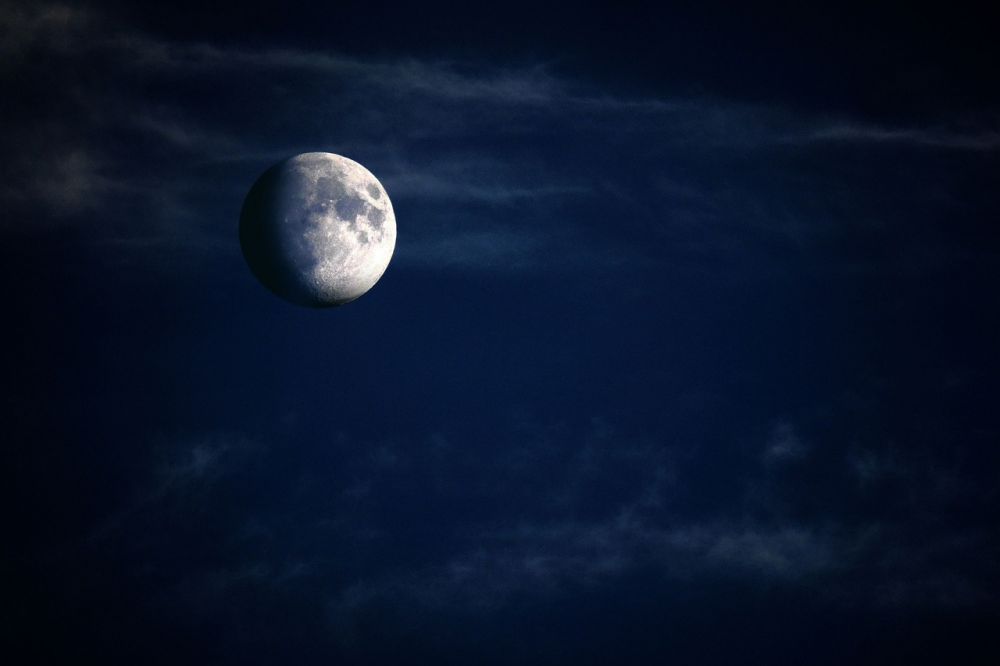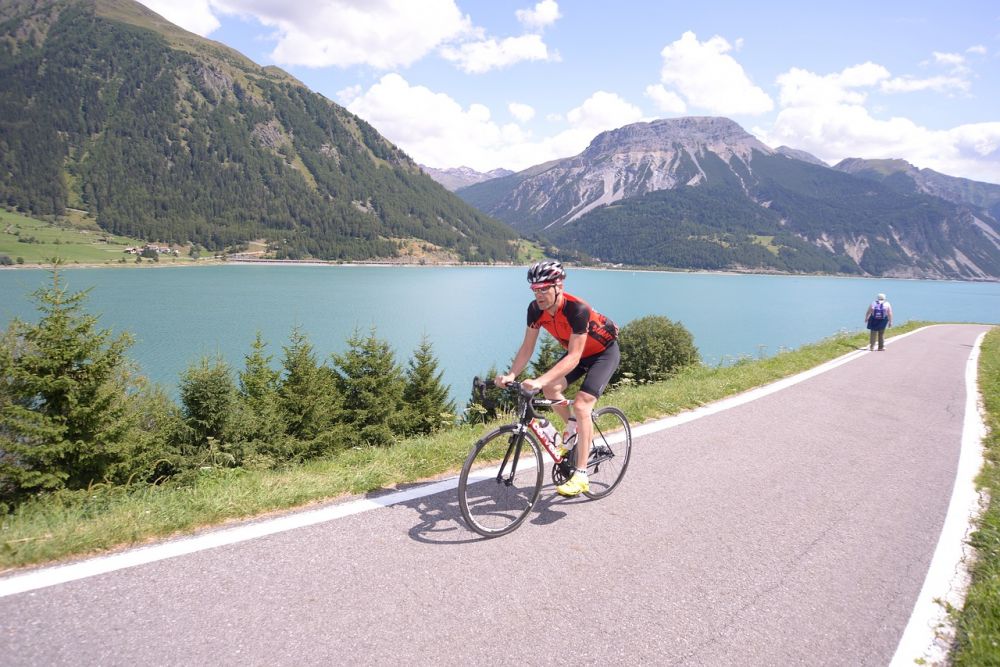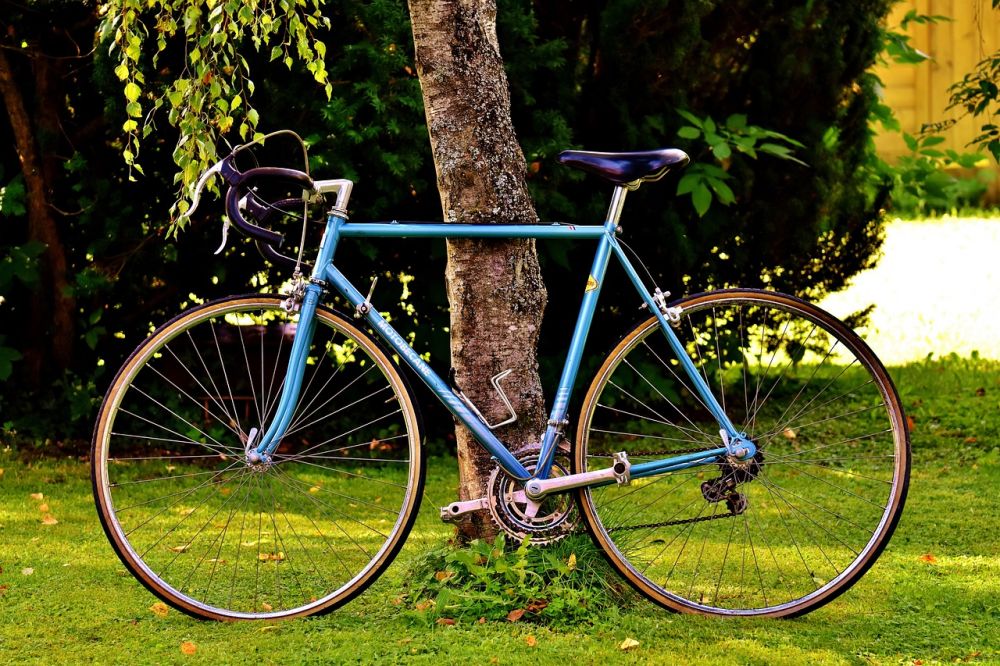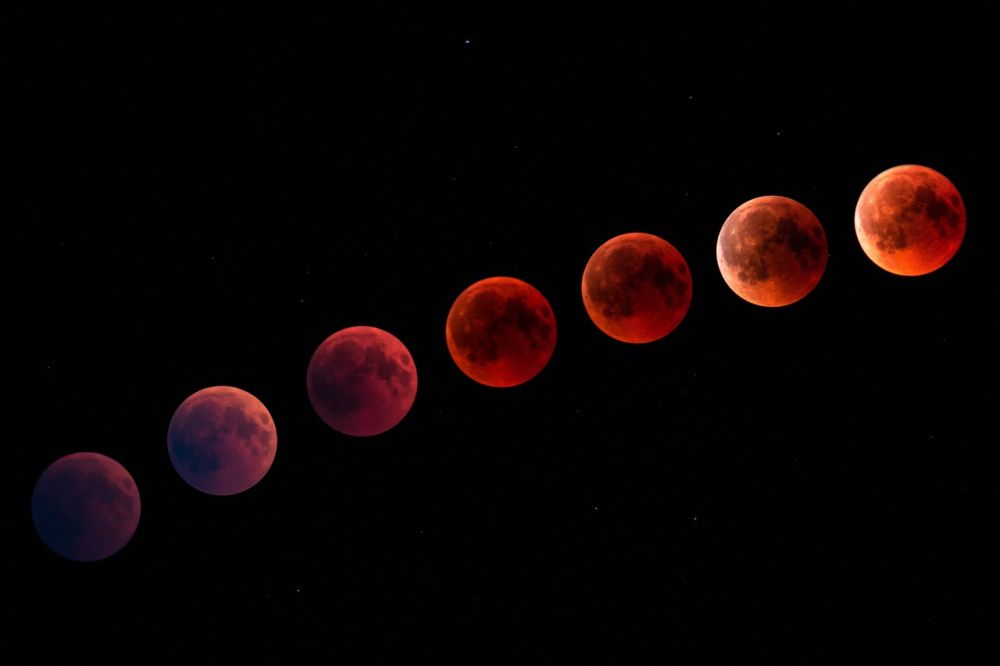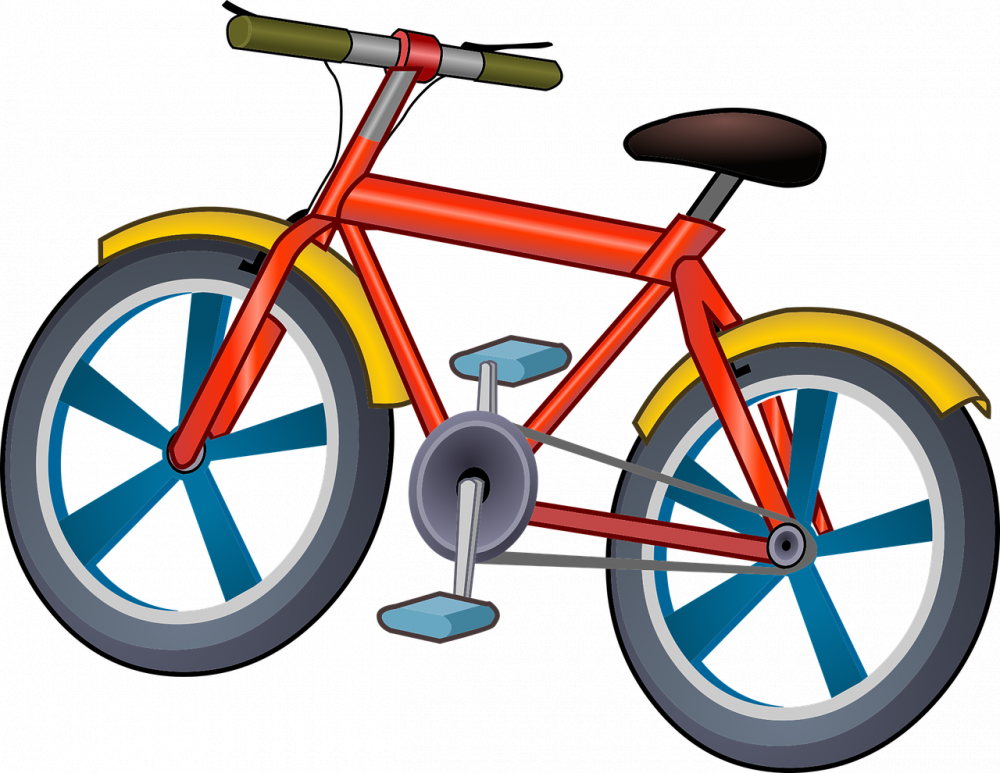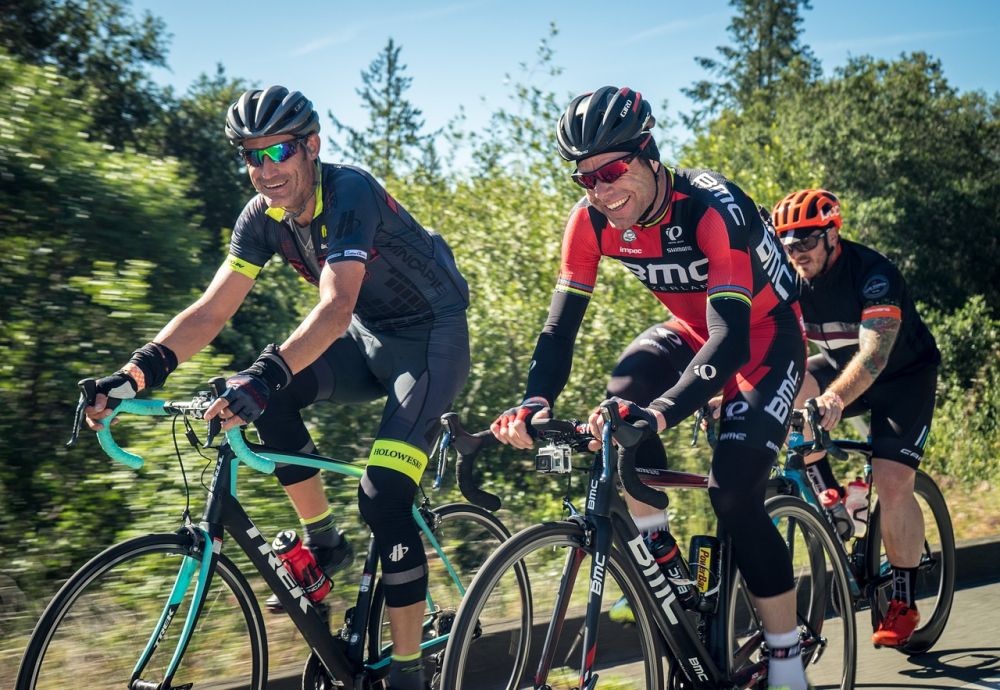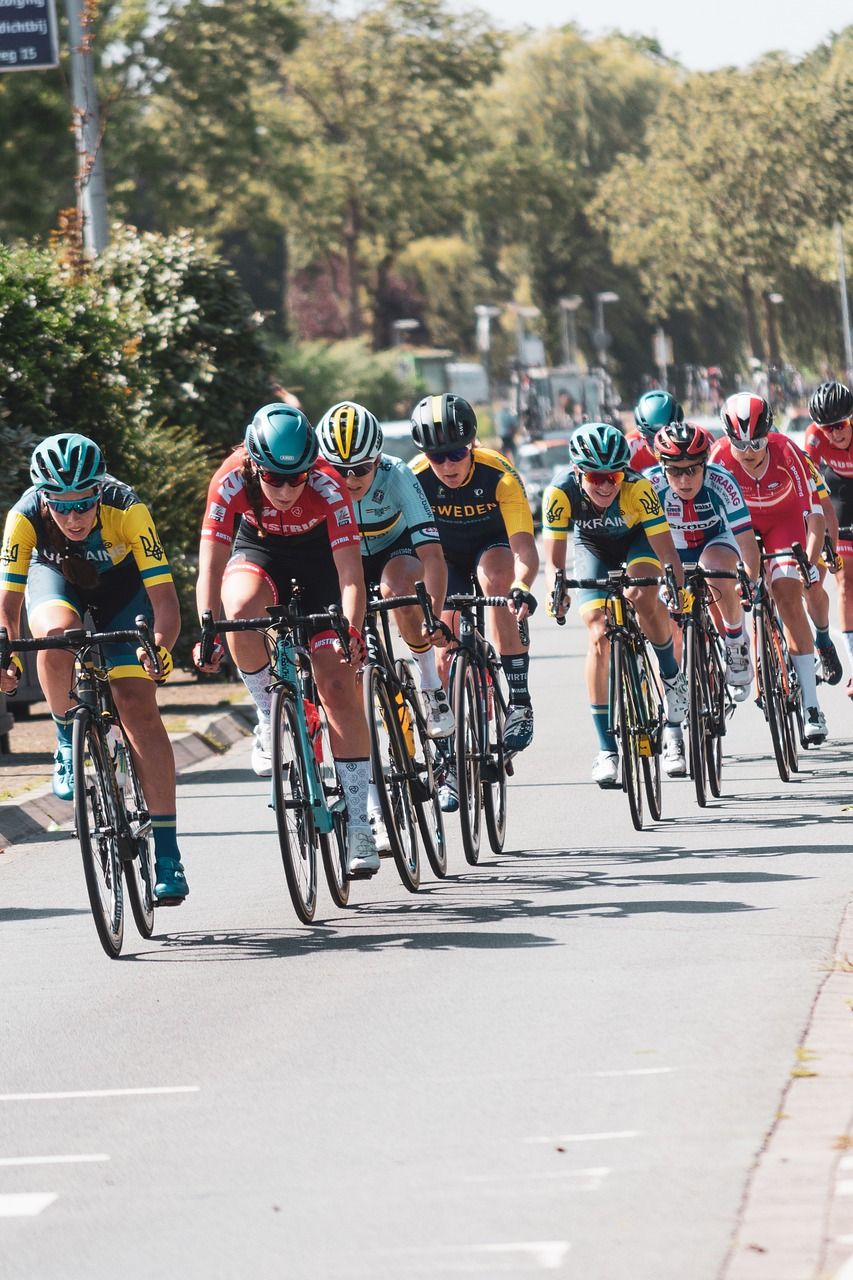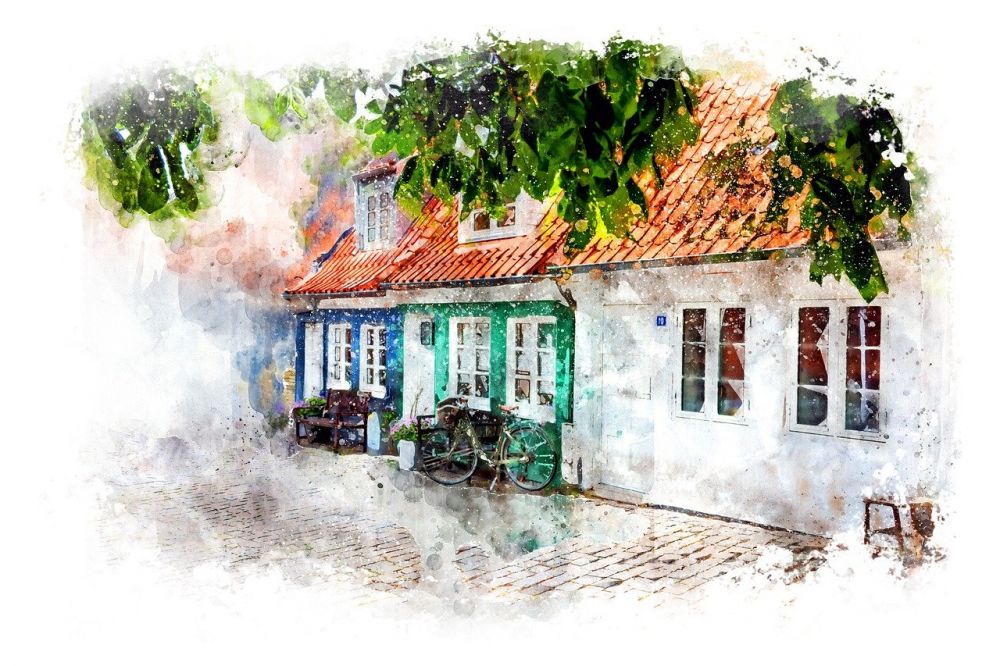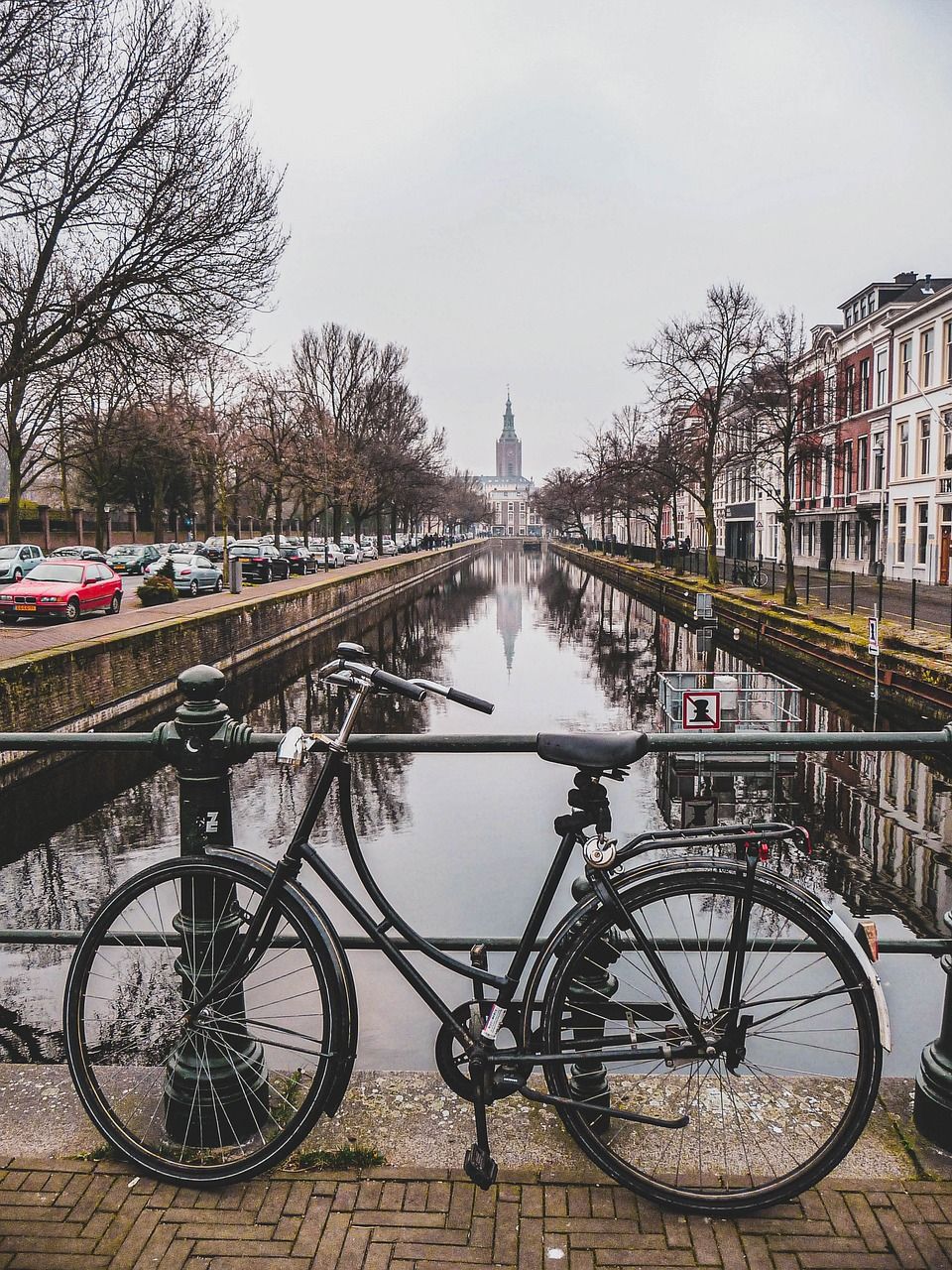Tour de France Winners: A Historical Celebration of Cycling Excellence
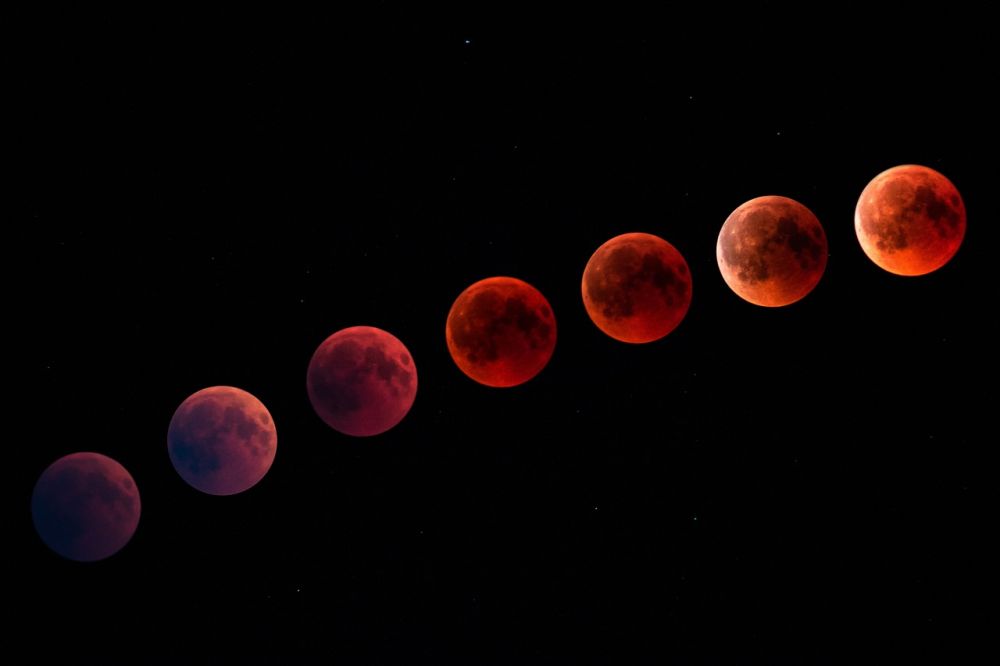
Introduction:
As the world’s most prestigious cycling event, the Tour de France has captivated sports and leisure enthusiasts for over a century. This article delves deep into the realm of Tour de France winners, providing a comprehensive guide for those eager to explore the rich history of this iconic race. Whether you’re a casual observer or a devoted cycling aficionado, join us on this exhilarating journey through time and witness the evolution of the Tour de France winners.
A Brief Overview of the Tour de France:
The Tour de France, commonly referred to as Le Tour, is an annual multi-stage bicycle race primarily held in France. First organized in 1903, the race covers around 3,500 kilometers, attracting top-tier professional cyclists from around the globe. The exhilarating race spans over three weeks and consists of various stages, including flat sprints, grueling mountain climbs, and individual time trials.
Historical Development of the Tour de France Winners:
1. The Pioneering Years (1903-1919):
– The inaugural edition of the Tour de France took place in 1903, with only 60 participants.
– Maurice Garin, a French cyclist, emerged as the victor in the first-ever race.
– The race faced various challenges during World War I, leading to its suspension from 1915-1918.
2. The Golden Era (1920s-1930s):
– The 1920s saw the emergence of legendary cyclists such as Philippe Thys and Nicolas Frantz.
– Thys became the first rider to win the Tour de France three times (1913, 1914, and 1920).
– Frantz secured his place in history by clinching back-to-back victories in 1927 and 1928.
3. The Post-War Battles (1940s-1950s):
– The Tour de France faced significant disruptions during World War II and its aftermath.
– Fausto Coppi, an Italian cyclist, claimed two overall victories in 1949 and 1952,
captivating fans worldwide with his climbing prowess.
4. The Reign of the Cannibal (1960s-1970s):
– Eddy Merckx, nicknamed the Cannibal, became one of the most dominant riders in Tour de
France history.
– Merckx prevailed in an unprecedented five races between 1969 and 1974, etching his name
into cycling folklore.
5. The Era of Specialization (1980s-1990s):
– The 1980s marked the advent of specialists focusing on individual stages or specific terrain.
– Bernard Hinault and Miguel Indurain exemplified this trend, securing multiple victories by
mastering mountainous stages and time trials.
6. The Globalization of the Tour (2000s-present):
– Lance Armstrong, an American cyclist, enjoyed an extraordinary run of seven consecutive
victories from 1999 to 2005, before being stripped of his titles due to doping allegations.
– British riders Bradley Wiggins and Chris Froome ushered in a new era of dominance from
the United Kingdom, each claiming multiple Tour de France wins.
The Modern Era of Tour de France Winners:
7. The Powerhouse of Slovenia: Tadej Pogacar:
– Tadej Pogacar etched his name into the record books with a breathtaking victory in 2020 at
the age of just 21.
– Pogacar’s triumph showcased his ability to excel in both mountain stages and time trials,
making him a formidable force for years to come.
8. A New Wave of Talent:
– The Tour de France continues to captivate spectators with a fresh wave of talented riders.
– Rising stars such as Mathieu van der Poel, Wout van Aert, and Remco Evenepoel demonstrate
their potential to dominate future editions of the race.
Conclusion:
The Tour de France winners represent a testament to human endurance, determination, and the relentless pursuit of excellence. With a glorious history spanning over a century, the race continues to evolve, captivating fans worldwide. As the cycling world eagerly awaits the next chapter in Tour de France history, let us celebrate the past and embrace the exciting future that lies ahead. So grab your bike, hop on, and experience the thrill of one of the greatest sporting spectacles on the planet.


